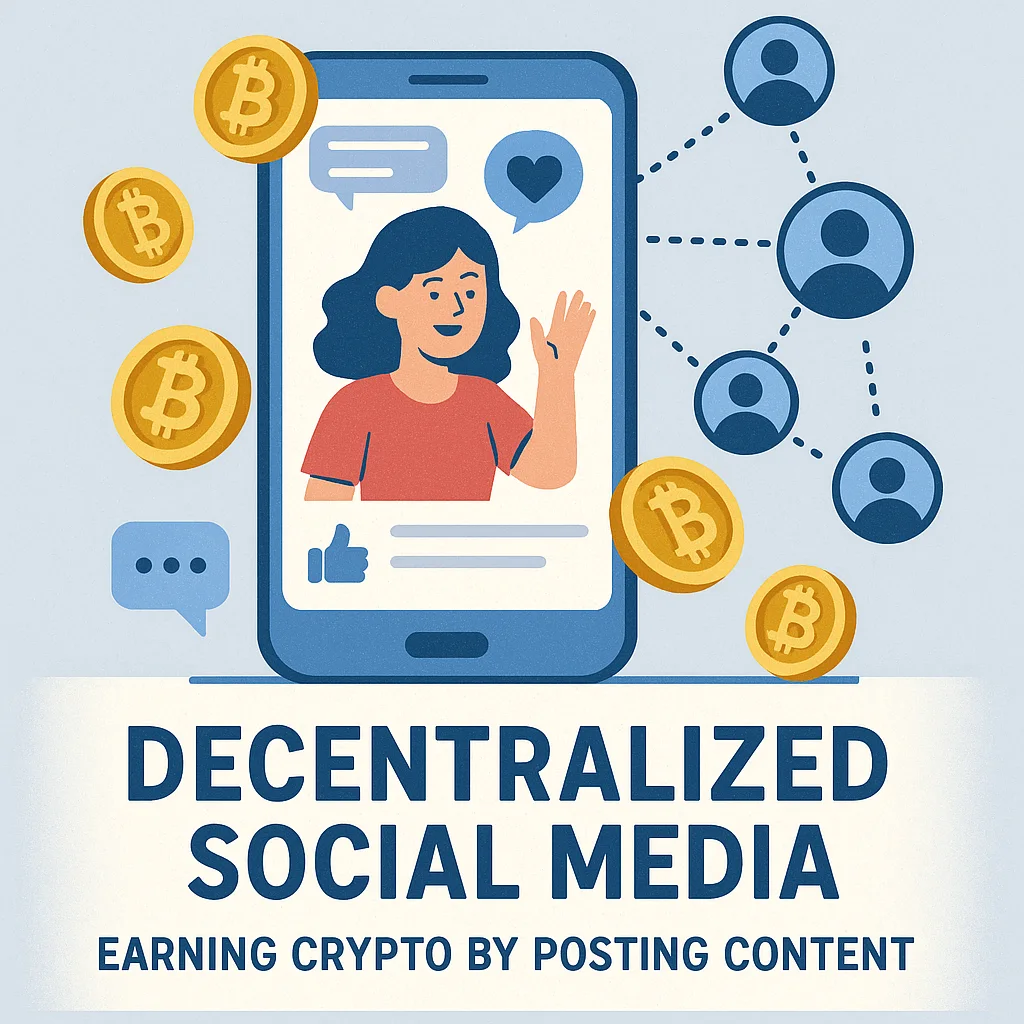Becoming a developer is an exciting and rewarding journey that opens up numerous opportunities in today's tech-driven world. Whether you're interested in web development, mobile app development, game development, or another area of software development, the path to becoming a skilled developer involves continuous learning, practice, and dedication. This blog provides essential tips and strategies to help you succeed as a developer.
1. Choose Your Path
The first step in becoming a developer is to choose a specific path or area of focus. Software development is a broad field with many specializations:
-
Web Development: focuses on developing online apps and websites. It encompasses three types of development: full-stack (front-end and back-end), back-end (server-side), and front-end (client-side).
-
Mobile App Development: entails developing apps for portable electronics like tablets and smartphones. Common operating systems are Android and iOS.
-
Game Development: specializes in developing and designing video games. It incorporates artistic elements like graphic design and storytelling in addition to programming.
-
Data Science and Machine Learning: entails using data to build algorithms and predictive models. It necessitates an understanding of machine learning, data analysis, and statistics.
-
Systems Programming: involves creating low-level software, such as embedded systems, drivers, and operating systems.
Choosing a path will help you focus your learning efforts and develop relevant skills more effectively.
2. Learn the Fundamentals
Regardless of the path you choose, a strong foundation in the fundamentals of computer science and programming is essential. Here are key areas to focus on:
-
Programming Languages: Begin by learning one or two programming languages that are pertinent to the direction you have taken. Typical languages consist of:
-
Python: extensively employed in automation, data science, machine learning, and web development.
-
/strong> necessary for front-end and back-end web development.
-
Java: favored for enterprise apps and Android mobile app development.
-
C++/C#: frequently employed in systems programming and game creation.
-
Swift: Used for iOS app development.
-
-
Data Structures and Algorithms: It is essential to comprehend algorithms (sorting, searching, recursion) and data structures (arrays, linked lists, trees, and graphs) in order to solve problems effectively.
-
Version Control: Learn how to track and manage code changes with version control systems such as Git.
3. Build a Strong Portfolio
A portfolio of projects is essential for showcasing your skills to potential employers or clients. Here are some tips for building a strong portfolio:
-
Personal Projects: Take small, personally-interesting undertakings at first. These could be straightforward games, applications, or webpages.
-
Contribute to Open Source: One of the best ways to enhance your coding abilities, network with other developers, and obtain experience is through contributing to open-source projects.
-
Document Your Work: For every project, make a GitHub repository and add a thorough README page that describes the work, your involvement in it, and the technology it uses.
4. Practice Regularly
Consistent practice is key to becoming a proficient developer. Here are some ways to practice regularly:
-
Coding Challenges: Take part in coding contests and challenges on sites such as CodeSignal, HackerRank, and LeetCode. These platforms provide a range of problems to help you develop your ability to solve difficulties.
-
Build Projects: Work on new projects all the time to experiment with new technologies and put what you've learnt to use.
-
Pair Programming: Work on coding projects with other developers. Learning from others and receiving insightful comments are two benefits of pair programming.
5. Stay Updated with Industry Trends
The tech industry is constantly evolving, so it's important to stay updated with the latest trends and technologies. Here are some ways to stay informed:
-
Tech News Websites: Keep up with respectable tech news blogs and websites, like Ars Technica, TechCrunch, and Wired.
-
Online Communities: Participate in online forums and communities like GitHub, Reddit, and Stack Overflow to network with other developers and keep up with happenings in the field.
-
Conferences and Meetups: Join local meetings, seminars, and tech conferences to expand your professional network and gain insight into the most recent advancements in your industry.
6. Learn and Use Development Tools
Familiarity with development tools and environments is essential for efficient coding and collaboration. Here are some tools you should learn:
-
Integrated Development Environments (IDEs): IDEs offer a complete coding, debugging, and testing environment. IDEs that are well-liked are PyCharm, IntelliJ IDEA, and Visual Studio Code.
-
Text Editors: Coding also benefits from the use of lightweight text editors like Atom and Sublime Text.
-
Debugging Tools: Learn how to find and correct coding mistakes with debugging tools.
-
Build Tools: The build process for your projects can be automated with the use of tools like Maven, Gradle, and Webpack.
-
Continuous Integration/Continuous Deployment (CI/CD) Tools: Testing and deployment procedures can be automated with the use of tools like CircleCI, Travis CI, and Jenkins.
7. Develop Problem-Solving Skills
Problem-solving is a core skill for developers. Here are some strategies to improve your problem-solving abilities:
-
Understand the Problem: Prior to beginning any coding, take the time to comprehend the issue completely. If need, divide it into smaller components.
-
Plan Your Approach: Prior to write any code, plan out your solution. Make a pseudocode or flowchart to describe your strategy.
-
Test Your Solution: Make sure your code functions as intended by giving it a comprehensive test. Think on edge scenarios and possible mistakes.
-
Seek Feedback: Discuss your code with mentors or peers to acquire their opinion and pinpoint places that need work.
Conclusion
Success as a developer demands commitment, lifelong learning, and a love of solving problems. These pointers and techniques can help you create a solid foundation, acquire useful talents, and keep up with market developments. Recall that developing your skills as a developer is a marathon, not a sprint. In the dynamic field of software development, rise to the difficulties, maintain your motivation, and take pleasure in the process of learning and development.





Leave a Reply